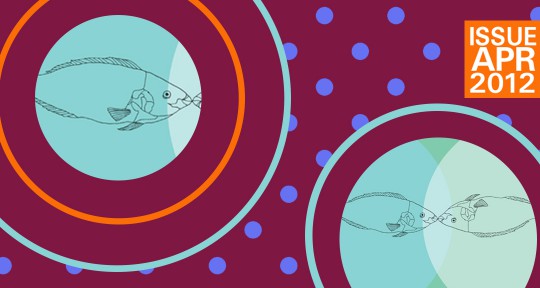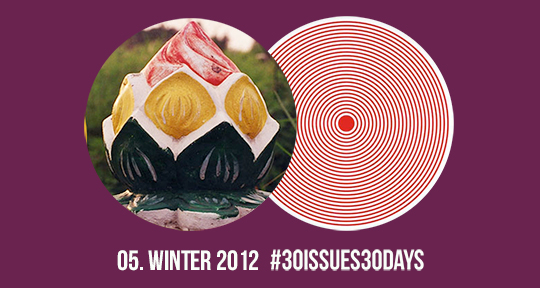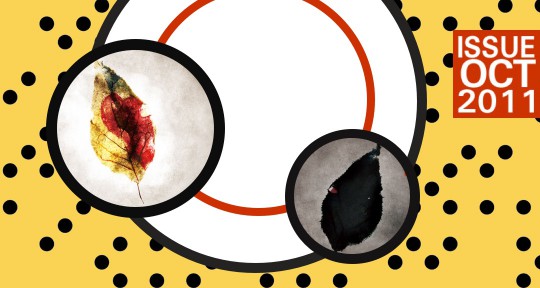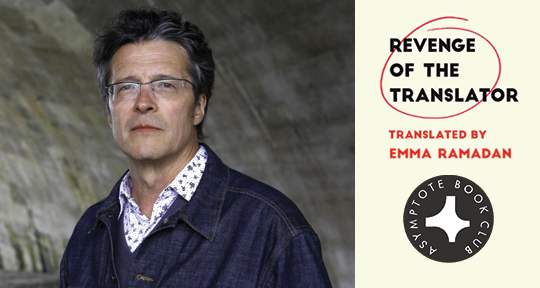“World literature” often gets a lot of attention in the months leading up to each year’s Nobel Prize announcement, but what do we really mean by it? Is it simply all the literatures of the world? Is it a status that applies to texts that circulate in a certain way? As the editor-in-chief of an international journal, I see “world literature” as a shifting aggregate of the literatures that have been translated into any given language. It’s clear to me, writing from Taipei, that an English “world literature” is vastly different from a Chinese one. Upon his passing in June 2012, for example, I discovered that Ray Bradbury had never been translated into Chinese — an omission made more perverse by the fact that translations make up an impressive 50% of all books published in Taiwan, compared to the woeful 3% in the United States. And if Taiwanese readers had been denied the genius of so well-loved an author, one can only imagine what American readers are missing out on.
This asymmetry was what motivated me in May 2012 to initiate a translation project that would introduce to Anglophone readers the newest crop of Chinese writers—a “20 Under 40,” if you will, of the Chinese-speaking world. Such a feature, modeled after Granta’s “Best British Novelists,” consisting of 20 medium-length essays introducing 20 of the most promising authors not only from China — but also from Hong Kong, Taiwan and Malaysia — had just been published that month by the leading Taiwanese journal Unitas and I thought Asymptote would be uniquely positioned to showcase it in English. Leveraging a connection, I made a few enquiries; the response from Unitas was positive. Tapping volunteer translators from the And Other Stories Chinese Reading Group and, crucially, proceeding with Unitas’ assurance that we would have free rein in editing the texts, my team and I decided to commit to turning the translation project around in five months: the first ten essays would appear in our Summer 2012 issue, followed by the other ten in the Fall 2012 issue. READ MORE…








